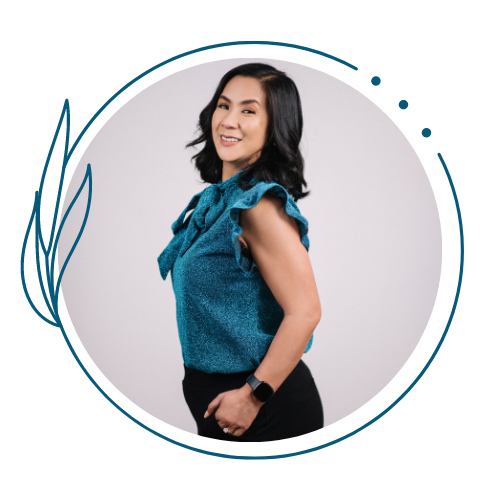Your Accent Is Not a Limitation: How to Be Heard at Work (and Beyond)
Gemma was one of the most brilliant nurses on her unit—quick-thinking, compassionate, the kind of person who remembered your birthday and your patient’s potassium level without even checking the chart.
But she had an accent. A thick, unmistakably Filipino accent.
And so, in meetings, she barely spoke.
It wasn’t because she didn’t have ideas. She had plenty. It wasn’t because she lacked experience—she had 18 years under her belt, which is more than some of her managers combined.
It was because she was tired.
Tired of repeating herself.
Tired of being interrupted.
Tired of watching people’s eyes glaze over the moment she opened her mouth.
Tired of being praised for her work ethic… but never invited into leadership conversations.
And so she learned to smile, nod, and let others talk.
Until one day, after a safety meeting, she muttered something under her breath about a policy that didn’t make sense. I caught it—barely—and asked her to say it again.
She hesitated. Then she repeated it.
And she was right. Like, make-this-place-safer-and-better-for-everyone right.
And all I could think was:
How many brilliant voices like Gemma’s have we never heard, simply because we’ve decided an accent = less intelligence?
Let’s Be Honest About What’s Really Happening
In America—and let’s be real, in many places—the minute someone hears an accent, assumptions start flying:
“They probably don’t understand everything.”
“It takes too long to explain things.”
“They’re too quiet for leadership.”
And these thoughts? They don’t just stay in other people’s minds.
They take root in ours, too.
Suddenly, we start shrinking. Editing ourselves. Speaking less.
Not because we’re incapable, but because we’ve learned that being understood isn’t guaranteed.
We internalize this idea that our accent is a barrier.
But the truth is: the barrier is never the accent. It’s the bias.
Your Accent Is a Map
Your accent is not a flaw. It’s not something to apologize for.
It’s a map—a living, breathing history of where you’ve been and who you’ve become.
It’s your grandmother’s lullabies. Your college memories. The radio station in your dad’s car. The prayers you learned in Tagalog, Ilocano, Cebuano, or Kapampangan. It’s your culture, stitched into your voice.
Why would you erase that?
Why would you trade authenticity for the comfort of others who never had to explain themselves?
Being Heard Isn’t About Sounding Like “Them”
Here’s what I tell my clients:
You don’t have to lose your accent to lead.
You don’t have to sound “American” to be taken seriously.
You don’t need permission to speak—you just need to start practicing being unapologetically heard.
Start small. Say something at the next staff meeting—even if your voice shakes.
Pause when people interrupt you. Say, “I wasn’t done speaking yet.”
Own your ideas. Let your accent carry them like a badge of honor.
And if someone pretends not to understand you? Try this:
Smile. Breathe.
And then say it again—louder this time.
Because Here’s What’s True:
Your accent doesn’t make you less intelligent.
Less professional.
Less worthy.
Less anything.
It makes you more—more layered, more rooted, more resilient.
So stop letting the fear of sounding different keep you from speaking up.
The room doesn’t need another polished voice saying nothing.
It needs your voice—your insights, your brilliance, your fire.
Even if it takes them a second to hear you.
Even if you have to repeat yourself.
Even if it makes them uncomfortable.
Because the moment you start owning your voice, something shifts—not just in you, but in the room.
And one day, someone like Gemma will speak up.
Not under her breath, but right into the mic.
And the whole room will listen.
Finally.
Sign up for my free newsletter, usually sent once a month (and sometimes more often when inspiration strikes!). These are letters from my heart, filled with insights from my personal journey and client work, honest talk about life, and practical tools for managing self-doubt, tapping into inner wisdom, and embracing personal growth.
If you're seeking greater empowerment, satisfaction, and self-confidence, my newsletter will offer a steady source of inspiration, encouragement, and support





